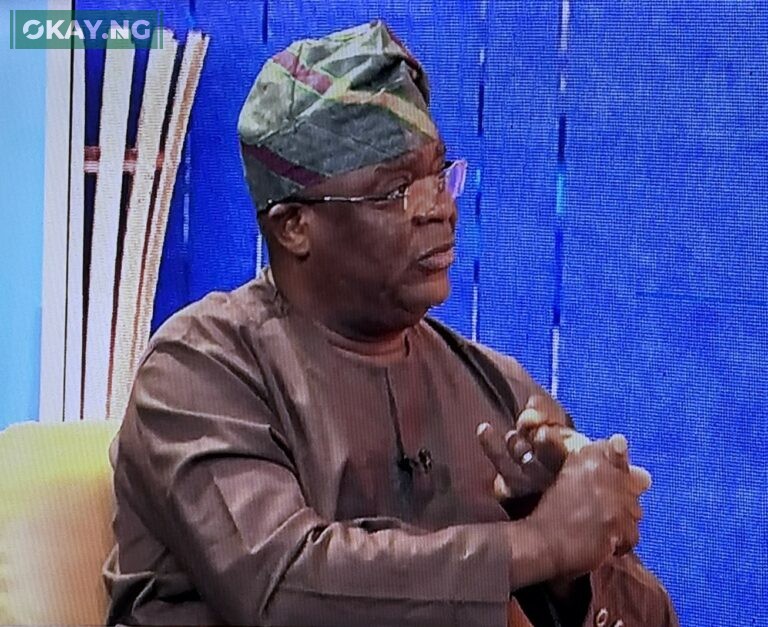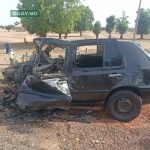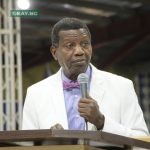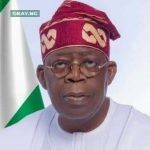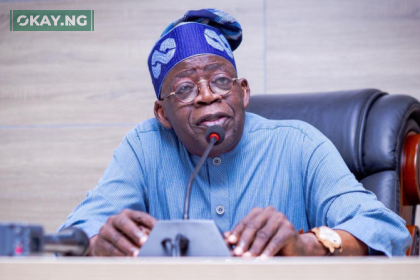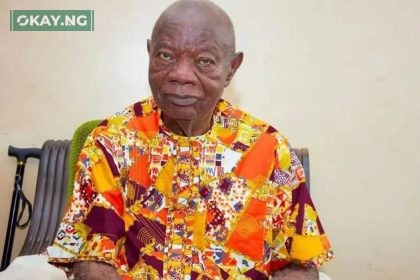The Managing Director of the Nigeria Railway Corporation (NRC), Dr. Kayode Opeifa, has issued a stern warning against the ongoing vandalism of railway infrastructure across the country. Speaking on Channels Television’s “Hard Copy” program on Saturday, Dr. Opeifa emphasized that railway components are not mere scrap materials but invaluable national assets critical to Nigeria’s unity and economic progress.
Highlighting the railway’s role beyond transportation, he described it as a vital link that binds Nigeria’s diverse ethnic and cultural groups. “We don’t have scraps in the Nigerian railway; we have national assets,” he stressed, differentiating between discarded waste and the essential infrastructure that supports national connectivity.
Dr. Opeifa shared his international experience, recalling a conference in South Africa where he was surprised to learn that even there, electric cables were sometimes stolen. However, he noted a unique challenge in Nigeria where steel components are frequently stolen and mistaken for scrap. “What do they steal here? They steal the steel and they call it scrap,” he said.
He underscored the destructive consequences of such acts, explaining that these “scraps” are the very elements that facilitate national cohesion. “Those are the assets that link our people by culture, by religion, by tribe to each other,” he explained, illustrating how the railway connects regions where multiple languages and cultures thrive—from Lagos through Ilorin, Kaura Namoda, to Maiduguri.
Dr. Opeifa lamented that vandalism strikes at the heart of Nigeria’s identity. “Anybody vandalising them is like going to the heart of our people, the integration that binds us together,” he said.
Appealing directly to communities along the railway corridors, he urged local ownership and protection of the infrastructure. He noted that railways often transform surrounding areas into major cities, benefiting local populations directly. “Every part the railway passes through becomes a major city so it is in the interest of the locals too to make sure the railway survives,” he added.
While refraining from disclosing specific security measures, Dr. Opeifa acknowledged ongoing efforts to curb vandalism and appealed for continued community support in protecting the railway assets.


